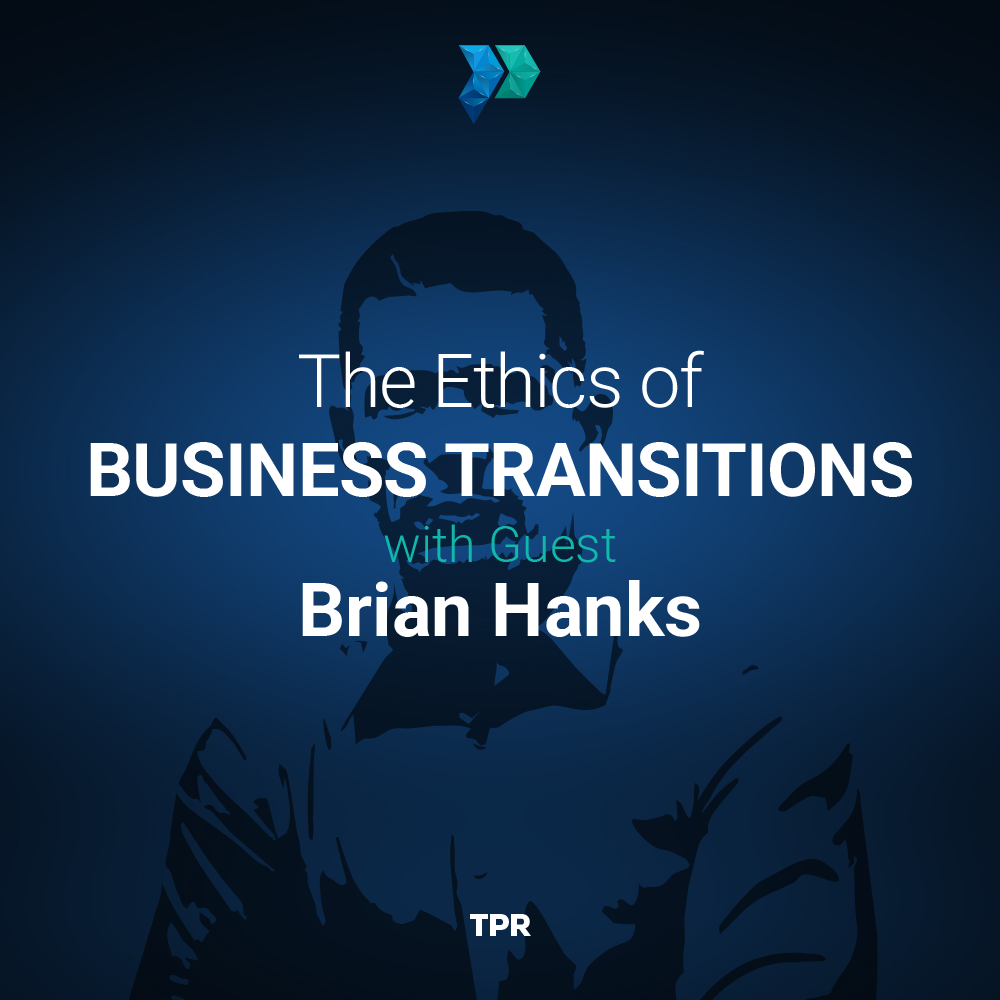What You'll Learn In Today's Episode:
- Authenticity and value delivery are crucial in the financial industry.
- Understanding the stages of an advisor’s career is essential for professional growth.
- Managing income disparity within a household requires open communication and financial planning.
In this recap episode, Amber first highlights the Matt and Kevin’s Thompson’s discussion on Monday. Matt and Kevin talked about the importance of providing massive value that goes beyond just investment returns. They stressed authenticity, being true to oneself, and promoting your unique value proposition instead of getting lost in the noise of generic marketing claims.
For financial advisors to truly stand out, they can’t discount the value they provide or compete solely on price. Instead, advisors must find their genuine selves, the direction they want their businesses to go, and confidently promote those differentiated services and experiences they offer clients.
Amber then highlighted Jamie’s episode on Thursday where she shared navigating income disparities in the household. Jamie shared insights on maintaining balance and how to feel valued when one significantly out-earns the other.
Resources In Today's Episode:
Read the Transcript Below:
Amber Kuhn
Hello TPR Nation. This is Amber Kuhn. Thank you for joining me on today’s Follow up Friday where I’ll be recapping this week’s episode highlights and action items. On Monday, Matt was joined by advisor Kevin Thompson. Kevin, who started in the industry in 2011, said he started his own firm about a year year that he was a victim of a Ponzi scheme during a time when he was playing major league baseball for the Yankees and the Oakland A’s. He said this experience is what led him to get into the industry. He wanted to learn as much as he could about the financial world and never wanted to feel like a victim again. Kevin and Matt talked about how they both have had clients who hear from others claiming to be able to get the big returns on things. Matt will tell his clients to get a summary in writing from that person. So that he can review it. And he said if it’s a real estate deal, he’ll ask to see the tax return. Overall, they said there’s so much noise out there. And Kevin said he just tries to take everything as clients are hearing, figure out what that really looks like for them and then explain it to them in a way that they can understand. He said you want to remove all the layers and really start with a client. Kevin and Matt talked about how there needs to be more authenticity in this industry. And how when people are in the growth and freedom mode, that people want to do business with others who are like them. So by being your real self, people will automatically be drawn to that and that there’s really no competition because there isn’t one person who can manage everything. Everyone can get their piece of the pie and be successful doing that. And with this, they talked about how with the fees you charge you need to deliver massive value and charge accordingly. But you can’t leave your marketing with price because if so, they are saying that that’s the only thing different about you is your price, which is the Walmart model and you aren’t going to win that game. Kevin and Matt shied if you’re doing more of your clients, you can’t discount the value that you’re providing to them. Let’s get into action items. Find who you actually are, what direction you want to go, and then become that person. And don’t allow other people to tell you what you can or can’t be. And make sure you promote yourself and don’t just say what everyone else is saying because then it’s just noise. So to summarize, find yourself, be yourself and promote yourself. And lastly, find those people who are role models or that you admire and mirror them. On Thursday, Jamie discussed income disparity within a household where one person is the clear breadwinner and the other is either a spouse or earn far less. Jamie’s said it easy to kid yourself but you’re always going to prioritize who makes a higher income. She shared that when you’re just starting out in this industry, you typically have a spouse who’s super supportive, and then around your fifth year your schedule gets so busy and your family grows and you have to ask yourself whether it makes sense for both people to work. This is a financial and an emotional question. And you have to look at who is going to earn the most amount of income and have greater success. Jamie shared how there’s been stages as an advisor, she said during that first stage, all you should be focused on is growth. So marketing and prospecting. Then once you have your guard figured out, you need to put good systems, policies and processes in place. And during this time, once you have all this systems in place, you seem to not have constant fires to put out every day like you previously had and start plugging people into your systems because they can understand the objective outcomes and roadblocks and ultimately, what the processes are, Jamie so that you can then get into the enterprise stage where you can replicate your success and then you have the luxury of time. And you become a master of delegation. Jamie said when you’ve got more money than your spouse, and you’re at the point where you have the luxury of scheduling your day the way you want, your spouse may not have the same freedom you have and you may look at what they’re earning as easily replaceable in exchange for their time. And the issue that comes from this is making other people feel undervalued for not contributing to the household. So how do you solve this? Jamie shared her recommendations and action items such as you can ask your spouse what are things you can take care for them that allows for that time together. Also to understand that their job is real, you can’t expect them to just be available when you need them. Jamie also recommended financially having three bank accounts where one is a joint account for all the shared household expenses come out. She does this by taking the costume in the household marking it up by 20% then having that deposited into the account once or twice and the other two accounts are the individuals account. And what goes into this is a monthly allowance that can be spent on whatever the person chooses. And if there’s a disparity with this when it comes to kids, she recommends setting a budget based off of what you spend the prior year. As far as where the income is being deposited, she likes to have three deposited into one other account such as Schwab. And from there, it’s just bursts to the different accounts. This is what Jamie calls her wealth building strategy. She said it helps to equalize any economic disparity and reminds people in a relationship that they’re in a together and that both people made a sacrifice to get to where they are. That wraps up this weeks recap, so TPR Nation if you are looking for resources or if you have a question, you can email us at lifestyle@theperfectria.com. Thank you for joining me for today’s recap and please share this or any of our episodes with another advisor or a team member who you think might benefit from listening and until next time, happy planning.








